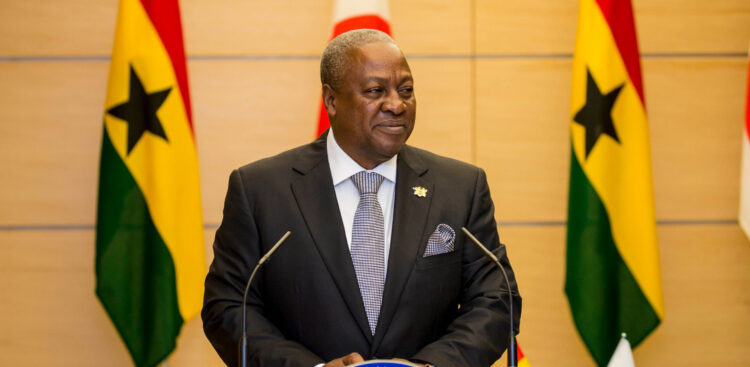
Ghana’s Parliament has approved a major overhaul of its public holiday calendar, passing the Public Holidays and Commemorative Days (Amendment) Bill, 2025, in a move aimed at enhancing productivity and reinforcing national historical identity.
One of the most significant changes reinstates September 21 as Founder’s Day, solely honoring Dr. Kwame Nkrumah, Ghana’s first president and leading figure in the country’s struggle for independence.
The previous iteration of the holiday, observed on August 4, commemorated multiple pre-independence figures—a revision that had sparked years of national debate.
“This restoration affirms Nkrumah’s singular role in our liberation struggle,” declared the Minister of Education during heated parliamentary discussions.
In addition to redefining the nation’s historical narrative, the bill introduces pragmatic changes to how holidays are observed.
Effective immediately, all holidays that fall midweek—from Tuesday to Thursday—can be shifted to the nearest Friday or Monday.
Government officials say this will help reduce productivity losses caused by single-day workweek interruptions, a long-standing concern among business groups.
“Scattered midweek holidays cost businesses up to 30% in daily output losses,” stated Ghana Chamber of Commerce CEO Mark Badu-Aboagye, welcoming the reform as a timely measure to support economic recovery.
Further additions to the calendar include the reintroduction of Republic Day on July 1, commemorating Ghana’s full transition from colonial rule to a republic in 1960.
A new Islamic holiday—Shaqq Day—has also been established to extend Eid-ul-Fitr celebrations, recognizing the country’s significant Muslim population.
The bill grants the President discretionary powers to shift eligible holidays in future years, allowing for the creation of long weekends, popularly referred to as “bridge weekends.”
Not everyone is satisfied, however. Opposition voices within Parliament raised concerns that centering Founder’s Day solely around Nkrumah risks marginalizing other pivotal figures in Ghana’s independence history.
“We must be careful not to erase the collective memory of those who also sacrificed for our freedom,” warned a Minority MP during the debates.
The changes take effect immediately, with this year’s Republic Day set to become the first official holiday moved to create a long weekend under the new framework.
For many Ghanaians, the reforms offer a blend of national pride and practical benefit—reviving forgotten legacies while aligning holidays with modern work-life rhythms.



